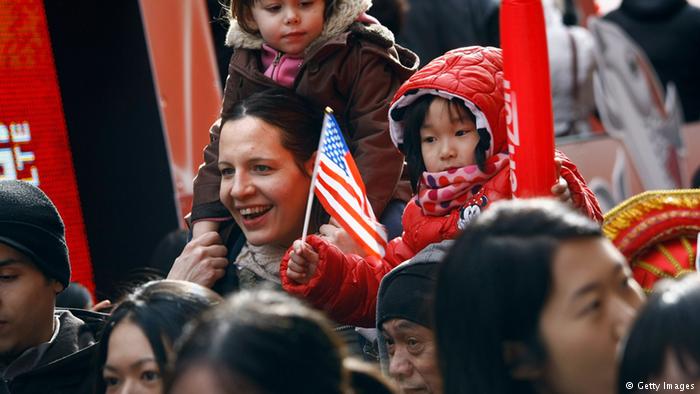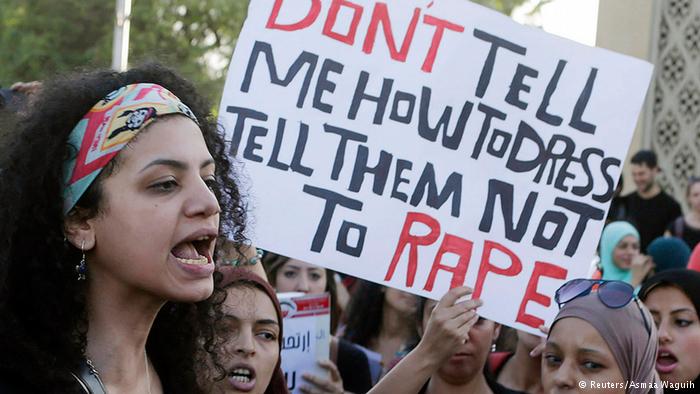Gender Equality in the Fight against violence
Do you know Bill Cosby? Have you heard that Bill Cosby is alleged to have sexually assaulted a number of women? This kind of news spreads very quickly mostly because he is a celebrity. Do you know Denis Mukwege? If you don’t, you ought to.
For many years this Congolese gynaecologist has treated thousands of women who were victims of gang rape in the war-torn Democratic Republic of Congo. In November 2014 the European Union awarded him the Sakharov Prize for Freedom of Thought. In 2013 he was awarded the Right Livelihood Award. 2012 he survived an assassination attempt. What kind of men do these kind of things?
Abuse profiles
In 2002 psychologists David Lisak and Paul M. Brown conducted a landmark survey of 1,882 male college students. Even though about 94% of these men had never raped anyone, 120 men admitted to rape or attempted rape. The rapists shared several characteristics, including anger at women, a need to dominate women and a lack of empathy.
In November 2014 a video of a woman who was reportedly stripped naked in Nairobi made its way online and left many Kenyans outraged. In the video, reportedly taken at a bus stop, the woman is seen surrounded by men who assault her for allegedly dressing improperly. This attack sparks #MyDressMyChoice in Twitter.
Men who abuse women have basically the same characteristics. They do not have a strong personality. Maybe they are in some way also oppressed, and they are mentally too weak to speak up to any person who is in authority. So they express their anger against those who are physically weaker, mostly women. In the case of the Kenyan attackers they could not accept the freedom a woman has to dress as she likes because that would mean she has more power than the society and its men. What they do not want to accept is actually that women are not owned by anybody and have the power over themselves and over their lives.
What kind of men fight for women’s rights?
Denis Mukwege is now not only a gynecologist but also an activist for human rights and the rights of women. When he was a child he sometimes accompanied his father who was a pastor. Together they visited sick members of the congregation. One day he decided to be a doctor to help sick people. And when he saw so many women dying because of premature births he decided to become a gynaecologist. We can say, being a pastor’s son, his empathy toward others was taught by his parents. But you do not have to be a pastor’s child to have empathy toward others.
Jeffrey Bucholtz, a lecturer in San Diego State University, founded an anti-rape group “We End Violence” with Carol Mosely. Their activities aim to mobilize innocent bystanders, i. e. men. “We are talking to you not as a potential perpetrator but as someone who is seeing this happening. You can have a part in stopping this,” said Mosely. She also added that if prevention is part of the solution, men have an important role to play. Seeing the result of the studies done by Lisak and Brown Bucholtz said, “Men have to see this as our deal. This is about the character of American men – we are thoughtful and strong and protect all the people we care about to the best of our ability.”
So men who fight for women’s rights are men who fight for them because it is the right thing to do.
What can we do?
One of the easiest things everybody can do is to watch our language. Men – and women – should not use language that can perpetuate the kinds of attitudes that men use to justify hurting women. We hear quite often sentences like “don’t cry like a girl, “ or “don’t run like a girl.” On the contrary, we have to stress that women are equal to men.
The other important aspect is education, not only for men but also for women. Giving education to women is also an empowerment. If a woman can make her own living because she is educated, she does not have to depend on her husband to support her, and maybe even let herself be abused by him. She can stand on her own feet and have her own identity.
But the most important thing is for men and women to work together to fight violence against women. Mosely stated that, “At the heart of sexual violation is men not listening to women.” So if only women fight for justice, they have to walk a very long road. If only men fight for women, women are not empowered. The most effective way is when people see that men and women are working together on this issue. “Listen to both of us!”
Author: Marjory Linardy
Editor: Grahame Lucas







